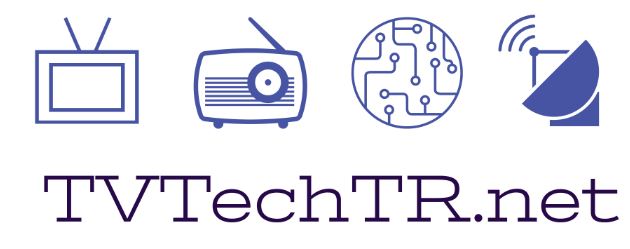It was my first time in that north of Europe. First of all I should thank to Levira, for their hospitality. They were amazing. The conference, the party, the organization were all fabulous. Hope to attend their events in future.
You can find my presentation slides in this post. Below each slide I will try to write some comments, hopefully will be explanatory.
Turkey is a big country with a population above 75 millions. Free to air satellite is dominant way of TV reception. Digital terrestrial network is not built yet. Plan is to switch off the analogue terrestrial by March 2015.
When we look at the numbers, it can easily be seen that number of households receiving TV through analogue terrestrial decreases steadily. Actually it was almost equal in 2006, when the first attempts for DTT started.
payTV is immature in Turkey. There is a lot to do regarding payTV.
Numbers are not exact. I could not find the exact numbers of subscribers but the percentage of them are, I believe, to be true.
Satellite is the dominant. IP, would develop in near future.
This picture is taken from our laboratory. It shows the test DVB-T2 signal in Ankara. We received it with an idTV, Sony Bravia, with a partially broken set top antenna.
Actually court decided that tender for national licences should be suspended and Supreme Council gave his decision in the same way. But in order to show the prices I preferred to keep this slide. You can see the difference between mediums. It is good news for terrestrial.
Parameters for DVB-T2 in Turkey.
This is the antenna tower in Prague. I took this picture in 2006. With the parameters in the previous slide, the transmitters needed for 90% coverage is as this.
Minimum requirement for reception is defined by Supreme Council. You can find this document in Turkish in the web page of Supreme Council.
ANTEN means antenna in Turkish. Actually according to Act number 6112 there will be a single company to build and operate the DTT network. This company should have at least 10 shareholders. Each can have at most 10 % of stake. The building shareholders have to hold a national DTT licence. Problem starts here. Tender for national licence is suspended, hence the formation of ANTEN is problematic at the moment.
Dates were the targets before the decision of the Court. To be realistic, new tender for national licence may be made by the end of this year.
This is the most interesting slide of my presentation. Carlota Perez is a professor in economics. She is mainly interested in development economics. She argues that for the countries which are late in technological development, this lateness may offer them a window of opportunity. Let me try to express what that means.
Turkey did not build DVB-T network. This may lead a window of opportunity for Turkey. It is harder for the countries that has already built DVB-T network to upgrade their network to DVB-T2.
It may lead Turkish firms to gain compedance and offer some solutions in DVB-T2 technology.
I am sure that most of you have read this paper by Mr Reiners. His paper was on DTT in Germany. In his paper, it is argued that in Germany, DVB-T did not succeed, and DVB-T2 tests were not showing great advantages. So, Germany is thinking of closing down its DTT service. It is quite important to learn such trends. I believe we should carefully work on that and understand what are the reasons of that discussion.


















Comments
Post a Comment
Comments will appear after approval, which may take time :)